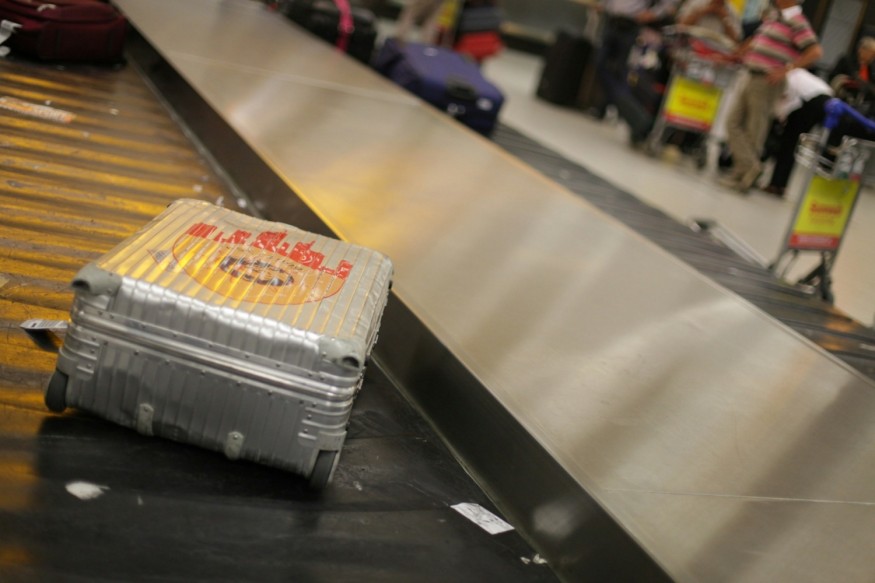The woes of travel-delayed baggage can really throw a wrench in your plans. But before you let it ruin your holiday vibe, know this: you are likely entitled to some cash for your troubles.
In 2022 alone, about three million bags got sidelined from their scheduled arrivals, according to the Bureau of Transportation Statistics. Sure, that's a small fraction of the total, but cold comfort if you are the one stranded at the baggage carousel.
So, what can you do if your bag decides to take a detour? First things first: report your missing luggage immediately at your final stop-not during your layover. This step ensures the airline is on the hunt for your belongings and sets the stage for possible compensation.
Yes, you heard that right. There's money to be had if your bags are late. Under both U.S. and international law, airlines owe you for the hassle. The compensation can cover everything from a simple toothbrush to a swanky dinner suit you had to buy because your suitcase went AWOL.

What to Do When You Experience Delayed Baggage
When you land and your baggage does not, the first step is to head to the baggage claim office at your destination airport. Here, you must file a Property Irregularity Report (PIR) that logs your bag as missing. This document is crucial; it is your proof that you reported the delayed baggage right away.
Make sure you get a copy of this report along with the file reference number, which you will need for any claims. If your flight had multiple segments, remember, you need to report at your final destination, not during a layover.
Understanding Your Rights for Compensation
U.S. airlines are regulated by the Department of Transportation (DOT), which has set clear rules for dealing with delayed baggage. If your baggage is delayed, you are entitled to compensation for "reasonable, verifiable, and actual incidental expenses."
These terms might sound a bit dense, but they simply mean you can get money back for necessary purchases like toiletries and basic clothing. Remember, this compensation is subject to a cap, which as of now stands at $3,800 domestically.
Related Article : What to Do If Cancelled Flights Throw Your Plans Off Track
Filing a Compensation Claim with the Airline
To get reimbursed, you first need to submit your expenses to the airline. This process typically begins online or at the airport where you reported your bag missing. You will need to provide the PIR number, your boarding pass, and receipts for any purchases made due to the delayed baggage.
It is essential to keep all receipts as these are your proof of the expenses you incurred. Airlines usually require these claims to be submitted within 21 days of the delayed baggage report.
What If You're Traveling Internationally?
International travel complicates things a bit due to varying laws, but the Montreal Convention covers most passengers flying between signatory countries. Under this convention, the compensation limit for delayed baggage is approximately $1,700.
This rule ensures that even if you are flying abroad, you have some protection. Airlines might choose to pay more but are not obligated to exceed this limit unless they wish to.
Leveraging Travel Insurance for Extra Protection
Besides relying on airline compensation, having travel insurance can be a lifesaver. Many travel insurance policies include coverage for delayed baggage, which can provide additional financial relief. These policies typically kick in after airline compensations, offering a secondary layer of security.
You need to check your policy details as each has different conditions and coverage limits. Remember, you must still file a claim with your airline first; travel insurance is there as a backup.
This article is copyrighted by Travelers Today, the travel news leader




